By annoymous.Subsequent to our writing of this blog entry for publication, the UK government announced it was reconsidering its decision to enforce an NHS England vaccine mandate. Steps are already underway to formalise this decision in parliament as we speak, but this suggests the mandate is unlikely to progress any further. We note that the vaccine mandate has already been enforced for three months in social care settings and has led to staff shortages (approximately 40,000 new vacancies now exist in that setting as a result) and that due to this change in direction there is likely to be some confusion surrounding this in our profession and amongst the public. For these reasons, we have decided to continue to publish this entry to explain why a COVID vaccine mandate may be an ineffective strategy in health and social care settings and what may be more helpful instead to help staff navigate vaccine hesitancy in the context of the ongoing pandemic. [Update added on 02.02.2022] We are a group of psychology professionals working in an acute NHS Trust in England. Core to our role is to seek to understand and empathise, and to challenge stigma, racism and discrimination wherever we encounter it. We write to raise the issue of the impact of mandated COVID vaccines upon staff working within the health and social care systems of the NHS in England.
Supporting, promoting and encouraging uptake of the vaccination programme for healthcare staff to protect themselves, patients and colleagues is important; however there should remain some choice in this decision.
0 Comments
By PSC Anti-Racism Working Group
What happens after the momentum of a social movement has peaked? In any movement cycle, there will be periods of engaged activism, and periods when those involved can pause and reflect on progress made, lessons learned, and re-inspire each other. On 26th October, PSC's Anti-Racism Working Group hosted an event to reflect on our collective journey against racism. We shared stories and ideas to inspire us, bring hope, spread awareness and create joy.
The Hope and Solidarity event was an open, inclusive, relaxed session with attendees from across the UK and different PSC groups. The event hoped to create a space to come together to hear about anti-racism work that has gone well in order to be inspired and increase motivation and momentum to more longer-term sustainable anti-racism work. We hoped too it would join together people to form a network or coalition of like-minded people engaged in anti-racism work. Finally, we hoped to create a space to reflect on where we are now (individually and collectively) in relation to anti-racism energy and activity. After opening to 'The Revolution Will not be Televised' by Gil Scott-Heron, we began looking at the movement cycle. We considered how after the uprising and peak of the anti-racism movement in Spring 2020, we were now in a contraction and evolution phases, hence the need for learning and reflection. By Harry LeitchIn a series of guest blog posts by Harry Leitch, Integrated Care Systems will be explained, and key concerns highlighted. The question will then be asked, what do these changes mean for communities? "Although seen by the media as suggesting the role of the private sector will be reduced, the proposed legislation, if passed, will enact the current government’s wish to further fragment, destabilise and privatise our NHS." - Keep Our NHS Public
During a pandemic that has revealed the necessity of universal, comprehensive and equitable healthcare, a top-down reorganisation of the NHS is underway. In accordance with proposals from the 2019 Long Term Plan, NHS England (NHSE) is transforming the NHS into Integrated Care Systems (ICS). For Keep Our NHS Public (KONP) and other campaign groups, these moves represent a severe threat to the NHS and a failure to achieve the increased and sustained funding required. Key concerns include use of a population health perspective, lack of regulation and increase presence of private companies within the NHS. During the month of Pride, four queer psychologists (from a larger working group discussing and challenging transphobia within the profession) reflect personally on the felt impact of transphobia and cis-privilege. Pseudonyms have been used throughout.
 Photo by Tim Mossholder on Upsplash Photo by Tim Mossholder on Upsplash Understanding and accepting gender diversity as a natural state of being is crucial in protecting the wellbeing and lives of trans and non-binary people. If you were to write two lists of characteristics headed ‘male’ and ‘female’ (and I would encourage you to do this briefly), we often find these characteristics fall into two extremes. Males are supposedly ‘dominant’, ‘loud’, ‘strong’, ‘rugged’; females by contrast something like ‘passive’, ‘quiet’, ‘sensitive’, ‘warm’, ‘pretty’, ‘small’. We may then ask ourselves, do we fit either of those binaries? Perhaps more importantly, do we know anyone that does? Probably not. However, these stereotypes have the effect that many of us often feel that we are ‘failing’ at our gender. Failing to a woman may mean not feeling attractive enough, petite enough, being unable to carry a child. Men similarly may feel they are not athletic enough, successful enough or they may encounter these feelings through experiencing infertility. Feeling that we do not fit the mould of our gender expectations is not the preserve of people who attend gender clinics and affects most of us at some point. Gender issues exist on a spectrum. And like other issues of intersectionality (race, age, ability), individuals who are unable to entirely fit the cis, white, able-bodied mould are likely to find themselves excluded by mainstream society in one way or another. by Elena ZeniouIn the landscape of Covid19, we are discovering a world that is not fit for our needs. How we socialise, travel, work, celebrate, grieve - all require extra layers of planning and thinking about uncomfortable questions.
Do we hug when we meet? Do we shake hands? Will you be offended if we don’t? Or if we do? How do I travel safely? How often do I change masks? Will my job understand that I’m finding this really tough? Will they make adjustments? Do I ask the person next to me to put their mask on? Would they be offended? Do I just avoid seeing people altogether? Consider the above questions, and perhaps add to the list what comes to mind right now. Do you plan for these questions because you should have been immune to the virus but you aren’t? Or would you say that because of the virus our world set-up no longer allows for us to be safe, comfortable,and able to do things as in non-pandemic times? We’ve designed a world that allows us to be functional without a pandemic on the loose. Whereas before we would be free and able to navigate through our social interactions and daily activities, we are now limited, needing adjustments. By Aya Adra I like to think of the summer of 2014, around the time I was finishing up the second year of my bachelor’s degree, as the period when I started becoming a social psychologist. For a couple of sticky, hot months in Beirut, sitting under a distinctly loud and largely useless fan, I listened to my professor share what seemed like mind-shattering theoretical and empirical knowledge on Tuesdays and Thursdays. Every bit of information that was sprung onto me felt like a revelation – the usual suspects of any Intro to Social Psych class; Milgram, Zimbardo, Asch, and their likes. Every theory, every finding, seemed to explain phenomena I had been witnessing and marvelling at for years. So much so that I went around spraying my newly found discoveries onto friends who were rather unenthused, and claiming with reverberating confidence that the world would be a better place if everyone were mandatorily exposed to social psychological knowledge. It truly felt like I, a biology student who had randomly taken this conveniently timed elective, had finally found the discipline that would equip me to fight for the world I wanted; a just world. On the last day of lectures, in between questions about the final exam’s format and informal feedback on the course, the professor asked us what we thought the main insight of social psychology was – what were we taking home with us, us liberal arts students from across disciplines who would go back to investing in whatever major we had signed up for? After a string of pseudo-sophisticated answers (one of which was very likely mine, although my motivated memory conveniently leaves that out today), the professor concluded the class with his own takeaway; “context matters.”
By PSC Leicester
Communities in Leicester are facing an extended lockdown following a ‘spike’ in cases of COVID-19. Public Health England are yet to find obvious reasons for this and emerging data from ‘backward contact tracing’ trials in Leicester indicate most were following stay at home guidance. The absence of a clear narrative, however, has resulted in widespread stories which ‘other’ and blame. We live in an age where unchecked soundbites or fragments of information spread quickly and carry immense power, often resulting in divisive rhetoric that damages community cohesion and obscures the bigger picture. It’s easy to fall into these traps. We must therefore continue to be curious about wider factors that are likely to have contributed. Psychologists for Social Change have previously warned that the COVID-19 crisis has increased the visibility of existing social inequalities in our society and could further compound divisions in our communities. Tragically, we are experiencing this in Leicester today. Many of the speculative narratives focus on personal responsibility with even the Prime Minister bemoaning problems “getting people to understand what was necessary to do” in Leicester. This caricatures residents as either unintelligent or unable to speak English; the latter pointing unfairly to our Eastern European, Somali and Asian communities. There is no evidence that social distancing was understood any less here than in other parts of the country, and the reality is far more complex than that narrative implies. Blaming individuals in this way is unhelpful, shaming, feeds into nationalist rhetoric, and takes the focus away from a government who have been slow to act not just in Leicester but from the outset of the pandemic. It also obscures the more powerful and intersected systemic influences at play that people cannot change. by Simon Goodman, De Montfort University, in collaboration with the BPS Social Psychology Section committee As the protests for the Black Lives Matter movement continue throughout the world, in the UK this has turned public attention to the country’s colonial and slave-owning past. This comes at a time when minority groups are being infected and dying at disproportionately higher levels from coronavirus and leading figures in the government appear to accept race science, eugenics, and with it the idea that there is a meaningful relationship between race and IQ. This post will show that the history of ‘race science’ is a history of racism, as it was developed to support and justify colonialism and has no scientific basis. Instead, psychologists, like everyone else, need to actively reject the notion of race as a meaningful concept, while also recognising that despite race not being real, racism very much is. While most psychologists tend to treat race as a common-sense idea (McCann-Mortimer, Augoustinos & LeCouteur, 2004), Montague (1964) showed the concept to be anything but scientific. He traced the use of the term race to Georges Le Clerc Buffon in 1749 in his six classifications of humans. Based on the religious thinking of the day, the races were deemed to have been created by God, but with ‘degradation’ from the original – and best – Caucasian race. While Caucasian may sound like a scientific term it actually comes from the Caucus mountains, on the border of Russia and Georgia, where it was then believed the Garden of Eden was, with Adam and Eve being the first Caucasians. By Halina Bryan
It happened four thousand miles away, some people and newspapers say. However the oppression, brutalisation and trauma transcend time and space, and are relentlessly present in the lives of black people, here in the UK. The time we and our ancestors have given, waiting for our humanity to be acknowledged and represented in social equality and change. Yet, this continues to be a promise undelivered, denied, with conscious efforts made to keep black people and justice estranged. So many are content to turn their eyes and hearts away from, or ‘justify’ our suffering and pain. Systemic racism often moves in the shadows, at other times in plain sight of day. It always inflicts indescribable pain and trauma along its way. Its insidious roots and branches are deep and far reaching. But for many our testimonies, calls and cries for action and change, are rejected and claimed to be unwarranted preaching. |
AuthorPSC is a network of people interested in applying psychology to generate social and political action. You don't have to be a member of PSC to contribute to the blog Archives
February 2022
Categories
All
|
PSYCHOLOGISTS FOR SOCIAL CHANGE
- Home
- About
-
Groups
- Blog
-
Position statements
- UK >
-
Cymru / Wales
>
- Consultation Responses
- Housing Support Funding
- Connecting the Dots Report
- Chemical Imbalance Myth
- Review of use of dx PD
- UK Inhumane Removal Plans
- WG LGBT+actionplan
- Ty Coryton
- Commission on Race and Ethnic Disparities: The Report
- ECT Review
- Black Lives Matter
- COVID 19 and Internet Access
- Save the T4CYP Programme
- Support the Mind over matter Report
- UN Report on Extreme Poverty in the UK Letter
- England >
- Ireland >
- Northern Ireland
- Scotland
-
Campaigns
- Join our mailing list
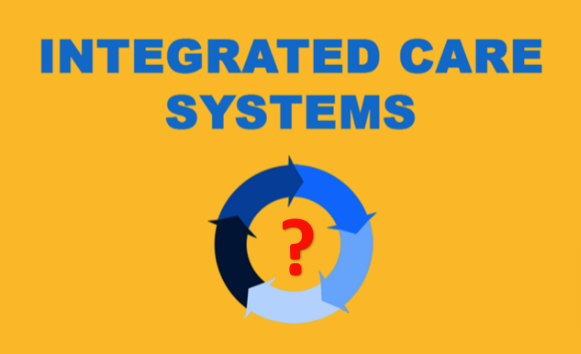
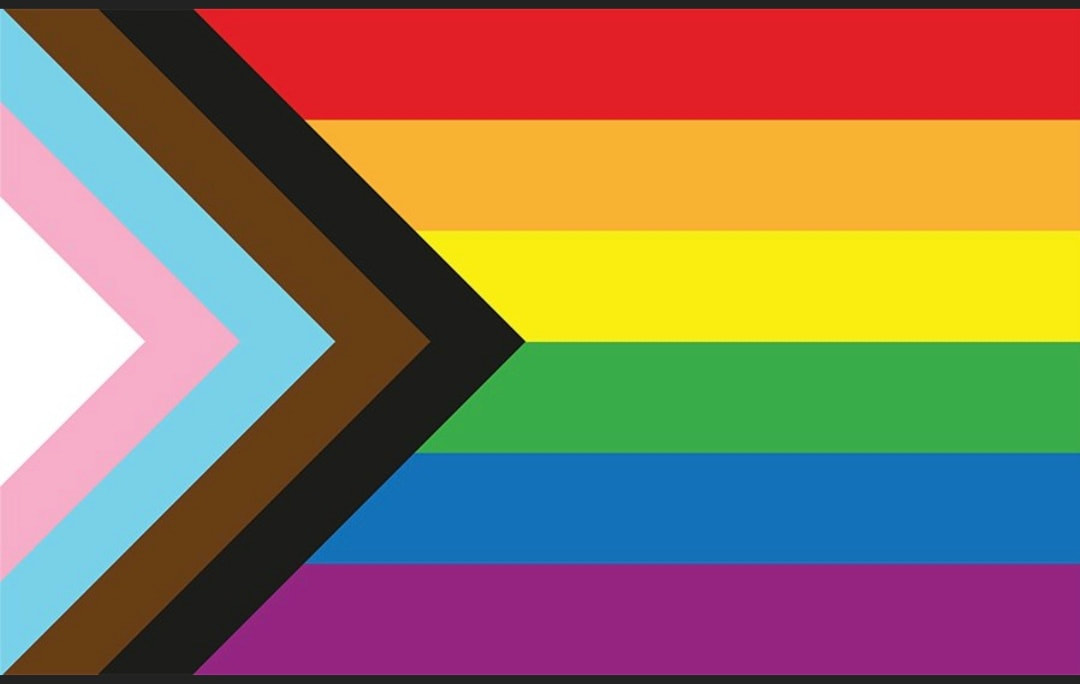
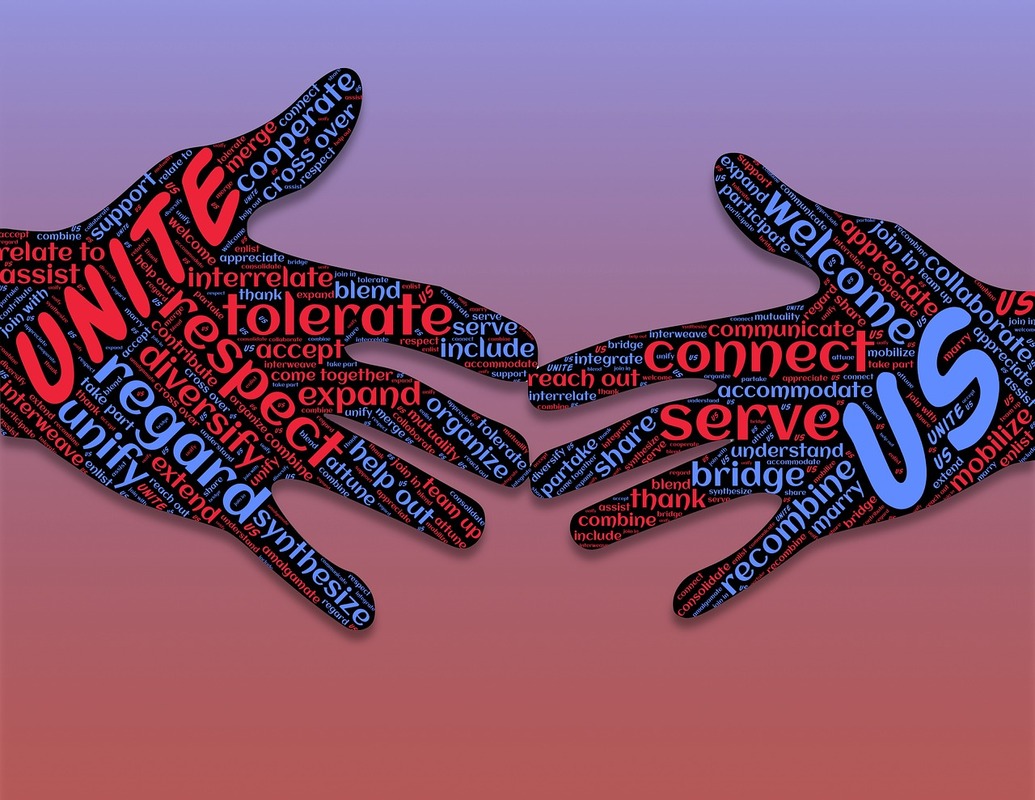
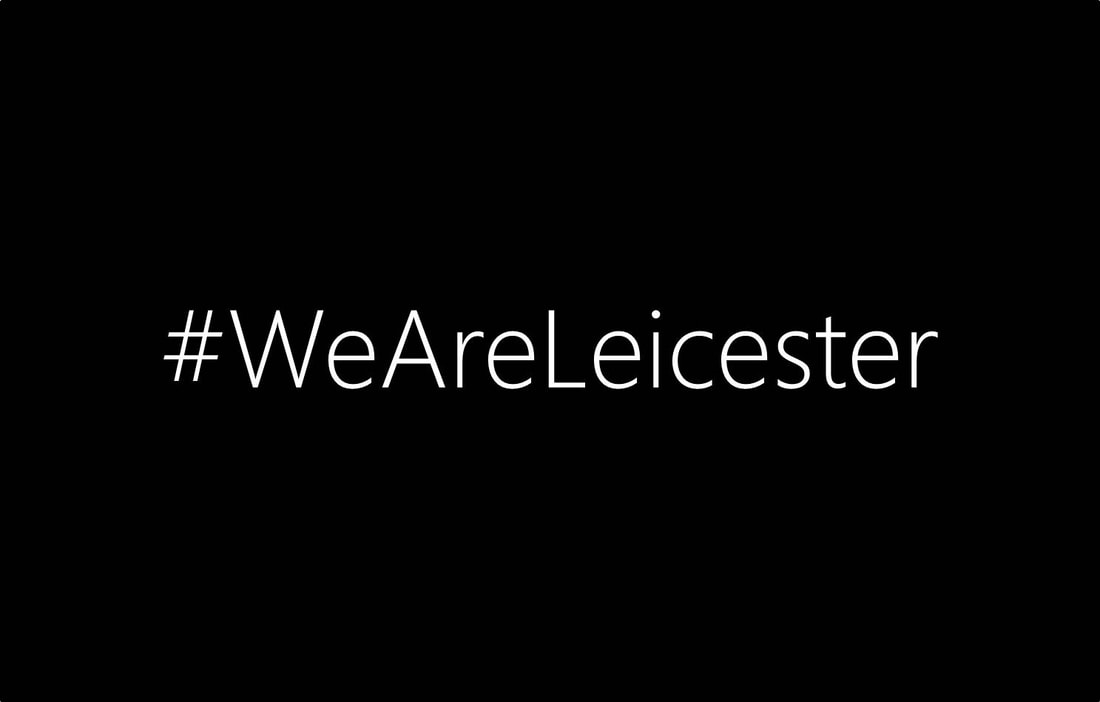
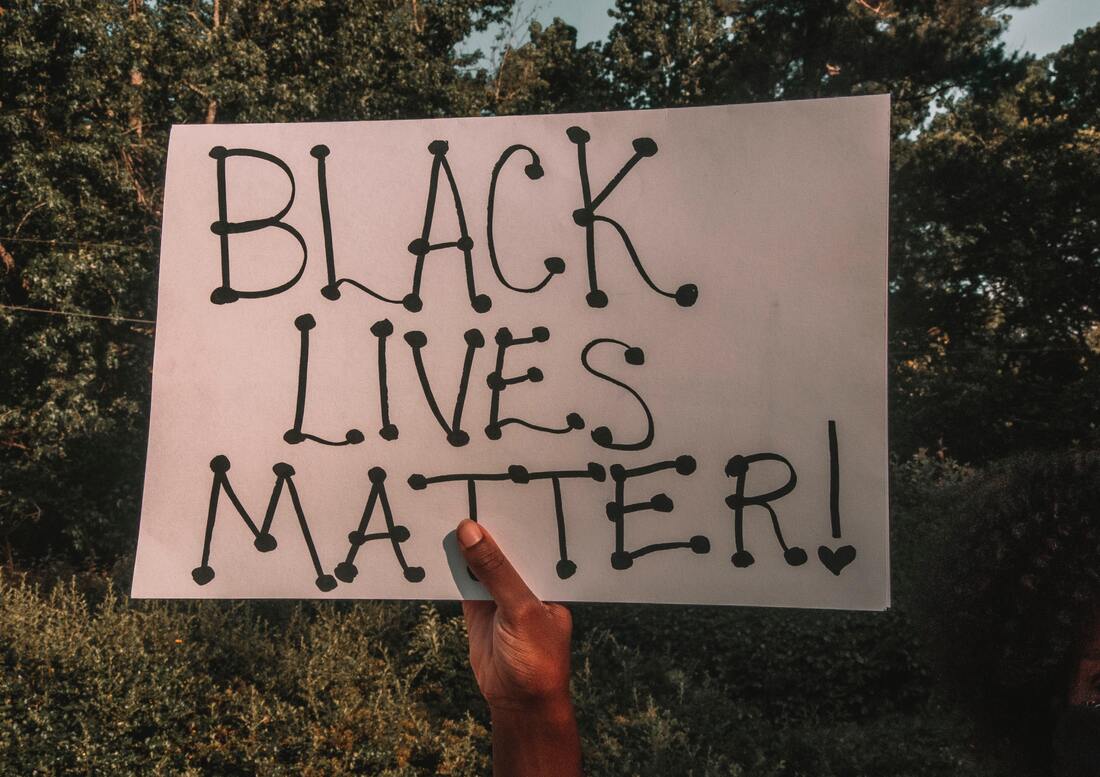
 RSS Feed
RSS Feed
